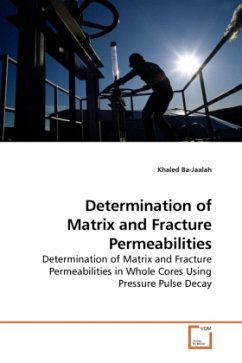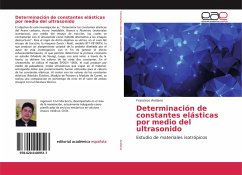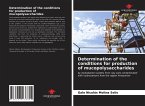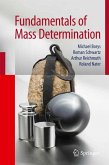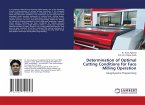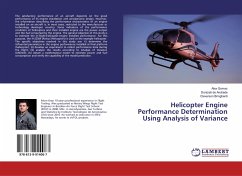In recent years the pressure pulse decay technique became a frequent tool for fast and convenient measurement of permeability of tight rocks. The method is superior to conventional steady state method as it is much faster and easier to perform. Few authors considered measurement of matrix and fracture permeabilities by using this technique. In this study a mathematical model for solving the problem of transverse, unsteady compressible fluid flow through fractured whole core was developed. Experimental setup has been constructed to perform pressure pulse decay experiments on whole cores. Based on the developed numerical solution, a data analysis computer program has also been developed which calculates the matrix and fracture permeabilities from pressure pulse decay experimental data using non-linear regression. A technique has also been presented for the estimation of the matrix and fracture permeabilities from pressure pulse decay tests.

